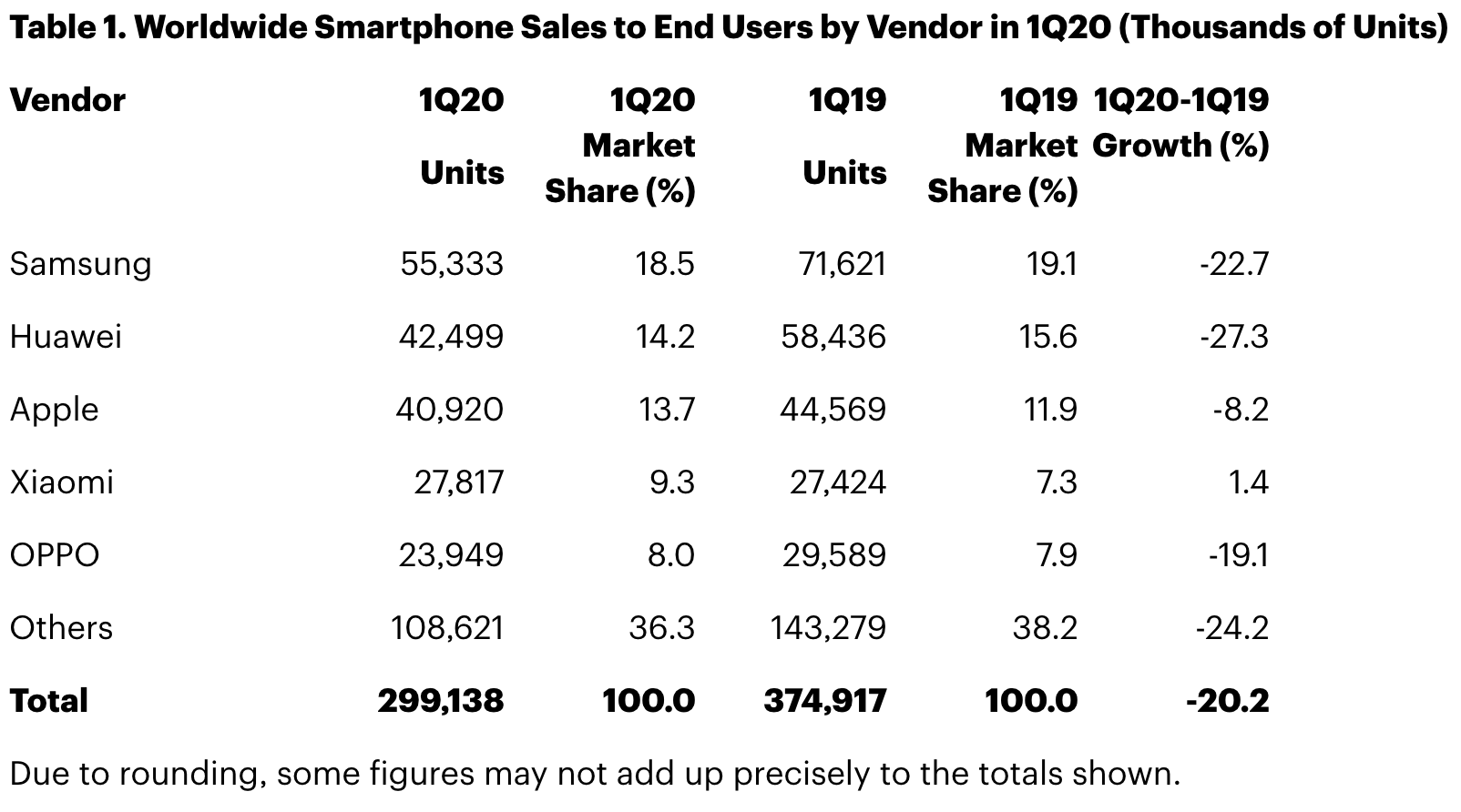In “On Lisp”, Paul Graham introduced the concept of “anaphoric macros”, a term he borrowed from linguistics. We can have them in Elixir as well, and while they’re dangerous because code written in them might confuse people, they are fun to play with.
So what is an anaphoric macro exactly? Let’s start by example: Common Lisp has the loop macro which is pretty much
for with everything but the kitchen sink. I think books have been written about it. From the
Wikipedia article on anaphoric macros:
(loop for element in '(nil 1 nil 2 nil nil 3 4 6)
when element sum it)
;; ⇒ 16
Like an anaphora in linguistics, it refers to something that came before, in this case the result of
the conditional clause. It just magically appears, without warning, poking up its head like a jack-in-the-box
and you need to know about the loop macro to know that you can use it here. But, for its expensive and
posh sounding name, it’s a simple concept: a macro that on expansion introduces variables the user didn’t
specify.
A more interesting example is when you make an anaphoric lambda macro:
(defmacro alambda (parms &body body)
`(labels ((self ,parms ,@body))
#'self))
This macro packs a punch: it introduces the lambda expression as an anaphoric variable in the macro, which means that you can refer to it from the lambda expression. The result is that you can write:
(alambda (n)
(if (= n 0)
1
(* n (self (1- n)))))
Look - an anymous function that can call itself recursively supported by just three lines! Much nicer than the Y combinator version which is too long to list here. On the same page, the Elixir Y combinator solution is much shorter:
fib = fn f -> (
fn x -> if x == 0, do: 0, else: (if x == 1, do: 1, else: f.(x - 1) + f.(x - 2)) end
)
end
y = fn x -> (
fn f -> f.(f)
end).(
fn g -> x.(fn z ->(g.(g)).(z) end)
end)
end
IO.inspect y.(&(fib.(&1))).(40)
It works, but it is hardly elegant. Can we have an anaphoric lambda in Elixir?
Well, yes, but it is somewhat harder. While
Elixir has a pretty powerful macro system it has a very clear and compile time distinction between “data” and “code” and
the sort of on-the-fly function definition thing that the Lisp version leans on using labels won’t cut it. The simplest
I got to work is this:
defmodule AnaphoricLambda do
defmacro alambda(fun) do
r = Macro.var(:self, nil)
quote do
unquote(r) = unquote(fun)
fn (x) -> unquote(fun).(x, unquote(r)) end
end
end
end
defmodule Test do
import AnaphoricLambda
def test do
fib = alambda fn
x, _ when x < 0 -> raise "Stay positive!"
0, _ -> 0
1, _ -> 1
n, self -> self.(n - 1, self) + self.(n - 2, self)
end
end
end
IO.inspect Test.test()
This is short but not very elegant. We inject the function into itself to enable the recursion, but that means that we need to write the single-argument function as a two-argument one where the second argument is the anaphoric variable.
Now, I’m not sure that this is an optimal solution but I puzzled over it for a couple of hours and this is the best I could come up with (I’m writing this post partially in the hope that someone will correct me and come up with something nice - I’m hardly a macro specialist). Note the
r = Macro.var(:self, nil)
which creates a variable self in an empty context. If you start digging through the ASTs during macro hacking then
you’ll see that you need this nil context for such local variables. It expands to just {:self, [], nil} but writing
it this way shows intent better.
What we want is a simple one-argument fn and the macro then has to tweak things. Without
further ado:
defmodule I do
defmacro alambda(block) do
r = Macro.var(:self, nil)
block = Macro.prewalk(block, fn
{:when, meta, elems} ->
{:when, meta, [r | elems]}
b = {:->, meta, [lhs, rhs]} ->
case lhs do
[{:when, _, _} | _] ->
b
_ ->
{:->, meta, [[r | lhs], rhs]}
end
{ {:., meta, [{:self, _, _}]}, _, args} ->
{ {:., meta, [r]}, [], [{:self, [], nil} | args]}
other ->
other
end)
block = quote do
r = unquote(block)
fn x -> r.(r, x) end
end
IO.puts Macro.to_string(block)
block
end
end
defmodule Test do
import I
def test() do
fib = alambda fn
x when x == 1 or x == 0 ->
x
x ->
self.(x - 2) + self.(x - 1)
end
IO.inspect fib.(20)
end
end
Test.test()
We made the invocation quite nice: the alambda expression now has just a single argument and the self is
magically injected. But that macro is enough to give you a headache (and it is hardcoded to single argument
functions, although that shouldn’t be too hard to fix). We use Macro.prewalk/2 to walk through the function
body and we match for three clauses in the AST:
-
{:when, meta, elems}matches awhenclause.elemsare the arguments towhenand this is a flat list of parameters and then the when expression as the last element. We simply prependselfto the parameters so thatx when x == 1now readsself, x when x == 1. -
{:->, meta, args}matches a regular function head. We need to exclude awhenclause in therei because it gets processed in the first clause but otherwise we do the same trick:x ->is changed to readself, x. -
Finally,
{ {:., meta, ....matches a function call. When we recurse from the function body, we need to rewriteself.(x - 2)intoself.(self, x - 2)and that completes the expansion.
There is debugging code in the macro code to print the expansion, and this is what we create:
r = fn
(self, x) when x == 1 or x == 0 ->
x
self, x ->
self.(self, x - 2) + self.(self, x - 1)
end
fn x -> r.(r, x) end
Pretty much what we wrote manually before, and this compiles and runs. The first clause causes an “unused” warning because
the self there really should be a _self but as the author here I can leave that as an exercise to the reader.
Anaphoric lambda, yay! Now, are we loosing a lot of performance? The reason I switched from factorial to fibonacci is that
the trivial recursive implementation is bad. It is even O(2n) bad, people on StackOverflow tell me (and it is true
because that answer got upvotes). Using :timer.tc/1 and a trivial regular function definition, we can compare:
def fib(x) when x == 0 or x == 1, do: x
def fib(x), do: fib(x - 1) + fib(x - 2)
...
IO.inspect :timer.tc(fn ->
fib.(20)
end)
IO.inspect :timer.tc(fn ->
fib(20)
end)
This very scientific benchmark shows 1.4ms for the anaphoric lambda version and 1.2ms for the regular function. Not bad,
the overhead for the anaphoric lambda doesn’t seem to be very high, but O(2n) starts showing. Let’s push it a bit
and calculate the 40th number instead of the 29th (the tc/1 function returns a tuple with the time in microseconds and
the function return value):
{21719438, 102334155}
{18201677, 102334155}
Ouch. 2n hits hard. And I wanted to know the 400th Fibonacci number! Can we do better? Yes we can, with an all-time favorite macro writers tool, “memoization”. We sneak in some time-for-memory tradeoff by expanding the macro so that we only calculate any given fibonacci number once. The whole variable injection stays the same, but we now introduce a unique key for this particular macro and then return code that stores results in ETS so they only need to be created once:
...
memo_key = :erlang.unique_integer()
retval = quote do
r = unquote(block)
m_r = fn self, x ->
case :ets.lookup(Memoize, {unquote(memo_key), x}) do
[] ->
v = r.(self, x)
:ets.insert(Memoize, { {unquote(memo_key), x}, v})
` v
[{_key, val}] ->
val
end
end
fn x -> m_r.(m_r, x) end # TODO more than one arg
end
...
This now results in the following expansion:
r = fn
(self, x) when x == 1 or x == 0 ->
x
self, x ->
self.(self, x - 2) + self.(self, x - 1)
end
m_r = fn self, x -> case(:ets.lookup(Memoize, {-576460752303423327, x})) do
[] ->
v = r.(self, x)
:ets.insert(Memoize, { {-576460752303423327, x}, v})
v
[{_key, val}] ->
val
end end
fn x -> m_r.(m_r, x) end
We first lookup in ETS, and if there’s a value we return that. We smash O(2n) to O(n) and that shows:
{14, 102334155}
Note that the really nice thing here is that we did not have to touch our code. The alambda fn ... is untouched
but we sped it up by, well, a lot of orders of magnitude. Memoization truly can be a miracle!
If you want to use memoization for more serious purposes than this code diversion, there are multiple packages on Hex that will help you out. The version here is lacking because there is no way to clean out unused values (you probably want something with a TTL, for example).
Also, if you want to generate fibonacci numbers quickly, here’s an O(1) version:
def Fibonacci do
@φ (1 + :math.sqrt(5)) / 2
@sqrt_5 :math.sqrt(5)
def fib(x) do
round(:math.pow(@φ, x) / @sqrt_5)
end
end
It probably shows that math trumps recursion and certainly shows that tricks like anaphoric macros and memoization are best left in the toolbox until you’re sure you need them. But I had fun with them, and that counts for something :)
































